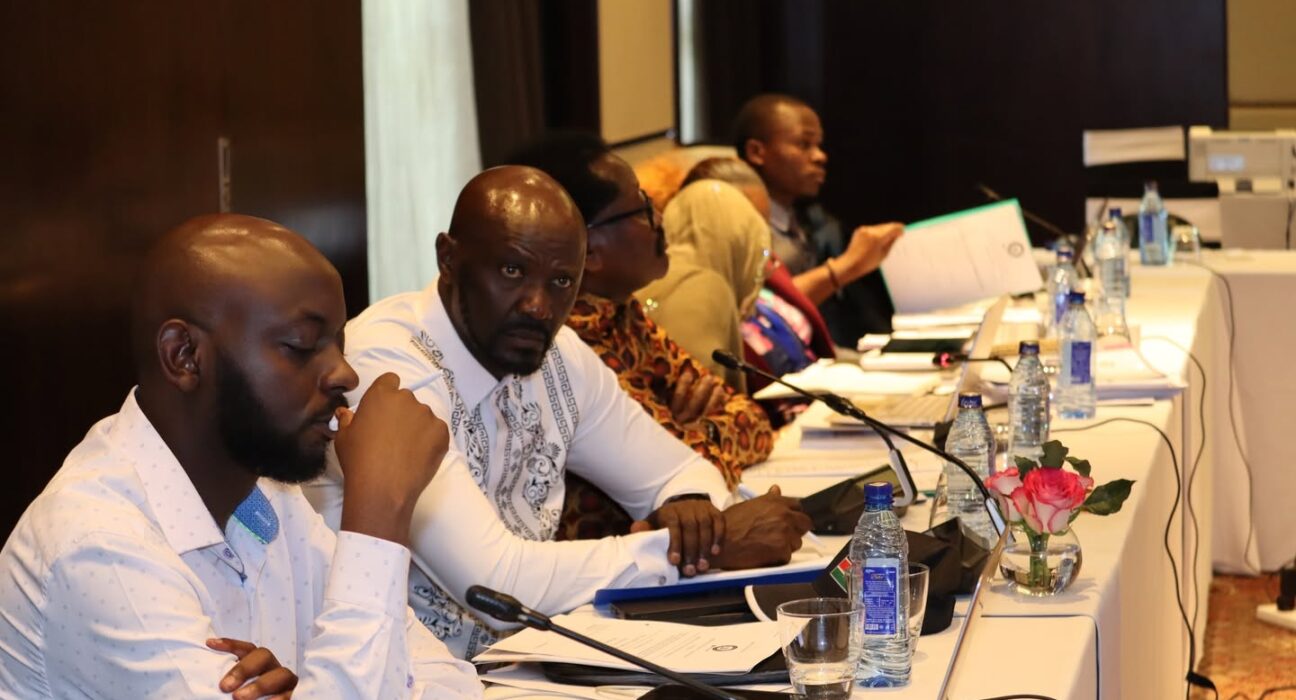Kenya’s Senate Committee on Labour and Social Welfare has raised urgent concerns over persistent gaps in youth employment, enforcement of labour rights, and welfare protections for Kenyan workers abroad. Chaired by Senator Julius Murgor (West Pokot), the Committee convened on Friday to deliberate on government programmes and private sector compliance, seeking solutions to rising unemployment and recurring labour violations.
Labour Principal Secretary Shadrack Mwadime briefed the Committee on the government’s ongoing efforts to curb youth unemployment. According to PS Mwadime, Kenya graduates roughly one million students annually, but only 200,000–250,000 secure jobs within the domestic economy. The shortfall underscores structural challenges in skills alignment, labour absorption, and job creation strategies.
PS Mwadime outlined a dual-pronged strategy aimed at bridging the gap. The first initiative, dubbed “Kazi Majuu,” seeks to expand overseas employment opportunities through bilateral agreements, primarily targeting the Gulf states. The second, “Kazi on the Ground,” focuses on improving local employability by reforming sector-based skills development programmes. The Ministry is further exploring digital employment avenues through the “Kazi Mtandaoni” initiative, designed to boost digital economy opportunities while safeguarding workers engaged in online workspaces.
The Committee also reviewed maritime and hospitality employment initiatives under “Kazi Baharini,” which leverage Kenya’s strategic strengths in seafaring and tourism. PS Mwadime noted that these programs are being implemented in collaboration with the Ministry of ICT and other stakeholders, aiming to diversify job opportunities and enhance Kenya’s global labour footprint.
Senator Murgor raised concerns about cultural preparedness for Kenyans traveling to countries such as Saudi Arabia, emphasizing the need for more comprehensive pre-departure training. PS Mwadime explained that all outbound domestic workers undergo a mandatory two-week training at the National Industrial Training Authority (NITA), supported by the International Labour Organization (ILO). While the training period has been reduced from one month due to pressures from recruitment agencies, PS Mwadime acknowledged the need for expanded Arabic language instruction to better equip workers abroad.
The Committee also received updates on the World Bank-supported NYOTA programme, designed to target 800,000 vulnerable youth with training, certification, and entrepreneurship support. Oversight concerns emerged around the oversubscribed youth grants scheme, which received over one million applications for 100,000 slots. Senator Joe Nyutu (Murang’a) called for greater transparency in the selection process. NYOTA Project Coordinator Melda Angir reassured senators that the programme employs a multi-stage, merit-based approach, but the Committee sought further assurances against bias and irregularities.
Beyond government programmes, senators raised alarms over widespread labour violations in private companies. Investigations at Shivling Supermarkets in Kisii revealed underpayment of workers, excessive working hours, inadequate rest days, and unremitted statutory deductions. At KEMRI, the Committee cited mass terminations and repeated refusal to comply with Ministry information requests, prompting a decision to summon the CEO for direct engagement. Meanwhile, inspections at China Square in Kisumu confirmed compliance with labour regulations, though the Committee directed ongoing monitoring to ensure continued adherence.
Throughout the meetings, members emphasized the need for stronger accountability mechanisms. They reiterated that both Cabinet Secretaries and Principal Secretaries should be obliged to appear before the Committee in future oversight hearings, ensuring that senior leadership takes responsibility for programme implementation and compliance.
The session underscores the Senate’s increasing commitment to addressing systemic labour and employment challenges in Kenya. Analysts note that youth unemployment, underemployment, and labour rights violations continue to pose economic and social risks, particularly for vulnerable workers and those seeking overseas employment. By enhancing oversight, enforcing compliance, and supporting targeted employment programmes, lawmakers aim to strengthen Kenya’s workforce resilience and safeguard worker welfare.
The Labour Committee’s scrutiny also signals an intent to tighten monitoring of public and private sector employment practices, with a focus on transparency, merit-based interventions, and alignment with international labour standards. This is particularly pertinent as Kenya continues to position itself as a hub for digital economy jobs, maritime employment, and formal overseas placements, while facing domestic pressures from a rapidly growing youth population seeking meaningful employment.





